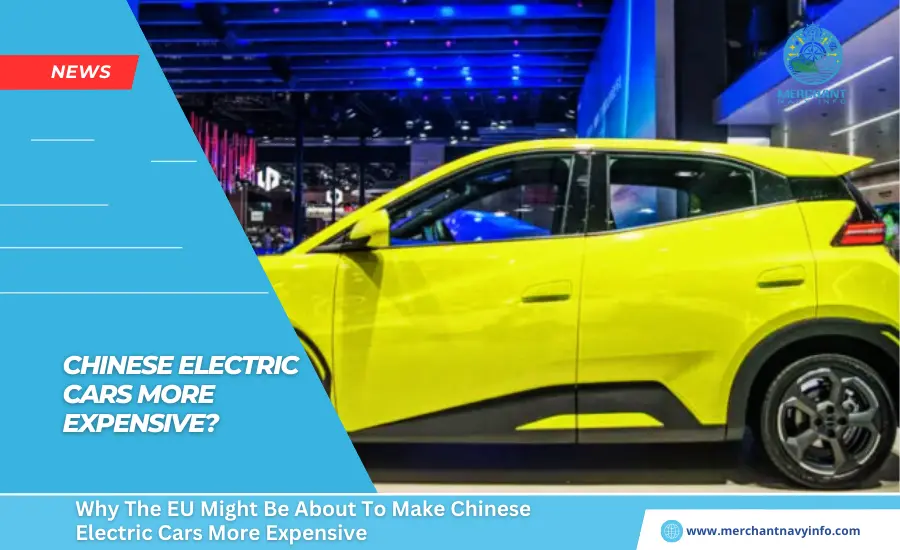
China’s aggressive push in the electric car market. Which has been accused of selling vehicles at artificially low prices, which has raised concerns in the European Union. The BYD Seagull, a small and stylish electric vehicle popular in China with a low starting price, threatens European manufacturers. Under Beijing’s “Made in China 2025” strategy. Domestic auto companies like BYD rapidly grow and compete with global giants like Tesla. These Chinese companies rely on substantial government subsidies, allowing them to undercut competitors. European and also American policymakers worry about China’s expanding influence. In the international electric car market and also argue that the artificially low prices distort the market.
The American Manufacturing Alliance issued a warning that the US. Auto industry could be severely impacted by the introduction of inexpensive Chinese cars. As a response, the Biden administration increased import tariffs on Chinese-made battery cars from 25% to 100%. The EU is also investigating the impact of Chinese imports on their markets. Both the US and the EU are concerned about the distortion of markets. Due to government subsidies boosting the sales of Chinese-made electric cars.
Temporary Changes
The European Commission is expected to temporarily increase tariffs on electric cars. Imported from China to 20-25% from the usual 10% on imports from third countries. Ursula von der Leyen has cited China for selling electric cars at artificially low prices. According to Matthias Schmidt of Schmidt Automotive Research, this move by the EU is seen as a more appropriate response compared to the US approach, as it aims to create a level playing field and offset the cost advantage of Chinese manufacturers. However, these tariffs can have both negative and positive effects on European companies, not only affecting Chinese brands but also impacting companies like BMW, which produces electric vehicles in China and exports them to Europe.
European automakers are concerned about potential tariffs on their imports to China and the impact of such measures on their operations. There is apprehension that Chinese authorities might retaliate against European car exports if these tariffs are imposed. BMW and Volkswagen executives have expressed their reservations about the tariffs, warning about the dangers of a trade war and emphasizing the need to avoid protectionist measures. Additionally, Mercedes-Benz’s CEO has publicly advocated for lowering, rather than raising, tariffs on electric car imports from China to foster better competitiveness for European companies.
EU Investigation
The EU investigation into tariffs has received support mainly from France. However, even French manufacturers are uncertain about the effectiveness of tariffs. The head of the Stellantis Group, Carlos Tavares, warned about the negative impact on European carmakers and the social repercussions of a tariff war with Chinese rivals. Renault CEO Luca de Meo emphasized the need for fair competition and a strong European industrial policy. Meanwhile, the UK is monitoring the situation closely, and there is a possibility of an investigation into Chinese-made electric cars. The issue is highly politicized, and the upcoming administration will need to address it. Higher tariffs could buy Europe more time to prepare for Chinese competition, but many in the industry believe that to maintain its global position, Europe must do more than just protect its home market.









